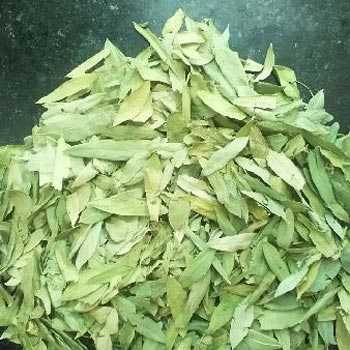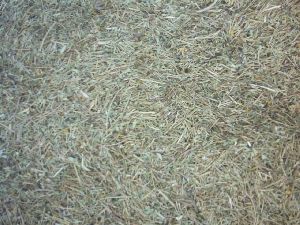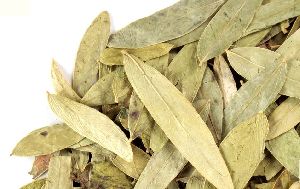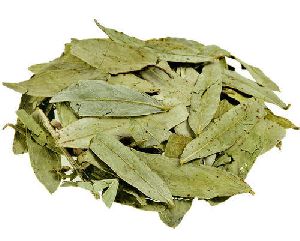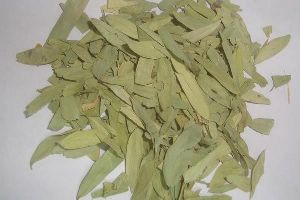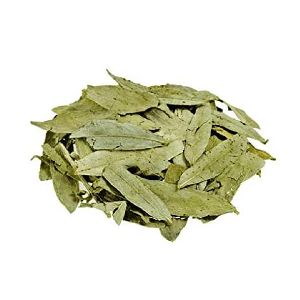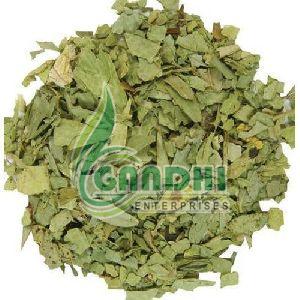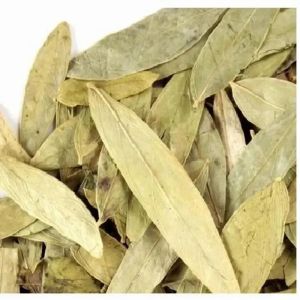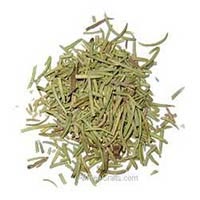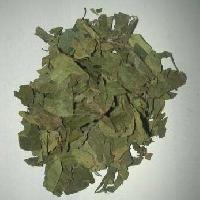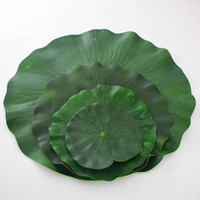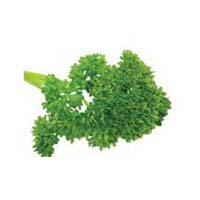Listing ID #598614
Company Information
Ask for more detail from the seller
Contact SupplierWe are offering senna herb, senna laxative. Senna herb (senna laxative)
what is it?
senna is an herb. The leaves and the fruit of the plant are used to make medicine.
Senna is an fda-approved nonprescription laxative. It is used to treat constipation and also to clear the bowel before diagnostic tests such as colonoscopy.
Senna is also used for irritable bowel syndrome (ibs), hemorrhoids, and weight loss.
Senna fruit seems to be gentler than senna leaf. This has led the american herbal products association (ahpa) to warn against long-term use of senna leaf, but not senna fruit. The ahpa recommends that senna leaf products be labeled, "do not use this product if you have abdominal pain or diarrhea. Consult a healthcare provider prior to use if you are pregnant or nursing. Discontinue use in the event of diarrhea or watery stools. Do not exceed recommended dose. Not for long-term use.”
how effective is it?
natural medicines comprehensive database rates effectiveness based on scientific evidence according to the following scale: effective, likely effective, possibly effective, possibly ineffective, likely ineffective, ineffective, and insufficient evidence to rate.
The effectiveness ratings for senna are as follows:
likely effective for..
•constipation. Taking senna orally is effective for short-term treatment of constipation. Senna is an fda-approved nonprescription drug for adults and children ages 2 years and older. However, in children ages 3-15 years, mineral oil and a medication called lactulose might be more effective. In elderly people, senna plus psyllium is more effective than lactulose for treating ongoing constipation.
Possibly effective for...
•bowel preparation before colonoscopy. Taking senna by mouth might be effective for bowel cleansing before colonoscopy; however, sodium phosphate or polyethylene glycol are more effective.
Insufficient evidence to rate effectiveness for...
•hemorrhoids.
•irritable bowel disease.
•losing weight.
•other conditions.
More evidence is needed to rate the effectiveness of senna for these uses.
How does it work?
senna contains many chemicals called sennosides. Sennosides irritate the lining of the bowel, which causes a laxative effect.
Are there safety concerns?
senna is likely safe for most adults and children over age 2 when used short-term. Senna is an fda-approved nonprescription medicine. Senna can cause some side effects including stomach discomfort, cramps, and diarrhea.
Don't use senna for more than two weeks. Longer use can cause the bowels to stop functioning normally and might cause dependence on laxatives. Long-term use can also change the amount or balance of some chemicals in the blood (electrolytes) that can cause heart function disorders, muscle weakness, liver damage, and other harmful effects.
Special precautions & warnings:
pregnancy and breast-feeding: senna is possibly safe during pregnancy and breast-feeding when used short-term. It is possibly unsafe when used long-term or in high doses. Long-term, frequent use, or use of high doses has been linked to serious side effects including laxative dependence and liver damage.
Although small amounts of senna cross into breast milk, it doesn’t seem to be a problem for nursing babies. As long as the mother uses senna in recommended amounts, senna does not cause changes in the frequency or consistency of babies’ stools.
Electrolyte disturbances, potassium deficiency: overuse of senna can make these conditions worse.
Dehydration, diarrhea or loose stools: senna should not be used in people with dehydration, diarrhea, or loose stools. It can make these conditions worse.
Gastrointestinal (gi) conditions: senna should not be used by people with abdominal pain (either diagnosed or undiagnosed), intestinal blockage, crohn's disease, ulcerative colitis, appendicitis, stomach inflammation, anal prolapse, or hemorrhoids.
Heart disease: senna can cause electrolyte disturbances and might make heart disease worse.
Are there interactions with medications?
moderate
be cautious with this combination.
Digoxin (lanoxin)
senna is a type of laxative called a stimulant laxative. Stimulant laxatives can decrease potassium levels in the body. Low potassium levels can increase the risk of side effects of digoxin (lanoxin).
Warfarin (coumadin)
senna can work as a laxative. In some people, senna can cause diarrhea. Diarrhea can increase the effects of warfarin and increase the risk of bleeding. If you take warfarin, do not take excessive amounts of senna.
Water pills (diuretic drugs)
senna is a laxative. Some laxatives can decrease potassium in the body. "water pills" can also decrease potassium in the body. Taking senna along with "water pills" might decrease potassium in the body too much.
some "water pills" that can decrease potassium include chlorothiazide (diuril), chlorthalidone (thalitone), furosemide (lasix), hydrochlorothiazide (hctz, hydrodiuril, microzide), and others.
Are there interactions with herbs and supplements?
horsetail
there is a concern that using senna along with horsetail might increase the chance that potassium levels in the body might drop too low.
Licorice
there is a concern that using senna along with licorice might increase the chance that potassium levels in the body might drop too low.
Stimulant laxative herbs
there is a concern that using senna along with stimulant laxative herbs might increase the chance that potassium levels in the body might drop too low. Stimulant laxative herbs include aloe, alder buckthorn, black root, blue flag, butternut bark, colocynth, european buckthorn, fo ti, gamboge, gossypol, greater bindweed, jalap, manna, mexican scammony root, rhubarb, senna, and yellow dock.
Are there interactions with foods?
there are no known interactions with foods.
What dose is used?
the following doses have been studied in scientific research:
by mouth:
senna is an fda-approved nonprescription drug. •for constipation in adults and children age 12 and over: the usual dose is 17.2 mg daily. Don't take more than 34.4 mg per day.
•for constipation in children: 8.5 mg daily increased just enough to cause one bowel movement daily has been used.
•for constipation in elderly people: 17 mg daily has been used.
•for constipation following pregnancy: 28 mg in 2 divided doses has been used.
Other names
alexandrian senna, alexandrinische senna, casse, cassia acutifolia, cassia angustifolia, cassia lanceolata, cassia senna, fan xie ye, indian senna, khartoum senna, sen, sena alejandrina, séné, séné d'alexandrie, séné d'egypte, séne d’inde, séné de tinnevelly, senna alexandrina, sennae folium, sennae fructus, sennosides, tinnevelly senna, true senna.
Methodology
to learn more about how this article was written, please see the natural medicines comprehensive database methodology.
References
1.kittisupamongkol w, nilaratanakul v, kulwichit w. Near-fatal bleeding, senna, and the opposite of lettuce. Lancet 2008;371:784.
2.senokot package labeling. Purdue products l.p. 2007.
3.maclennan wj, pooler afwm. A comparison of sodium picosulphate ("laxoberal") with standardised senna ("senokot") in geriatric patients. Curr med res opin. 1974;2:641-7.
4.passmore ap, wilson-davies k, stoker c, scott me. Chronic constipation in long stay elderly patients: a comparison of lactulose and a senna-fibre combination. Bmj 1993;307:769-71.
5.passmore ap, davies kw, flanagan pg, et al. A comparison of agiolax and lactulose in elderly patients with chronic constipation. Pharmacology 1993;47:249-52.
6.kinnunen o, winblad i, koistinen p, salokannel j. Safety and efficacy of a bulk laxative containing senna versus lactulose in the treatment of chronic constipation in geriatric patients. Pharmacology 1993;47:253-5.
7.[no authors listed] senna in the puerperium. Pharmacology 1992;44:23-5.
8.shelton mg. Standardized senna in the management of constipation in the puerperium: a clinical trial. S afr med j 1980;57:78-80.
9.perkin jm. Constipation in childhood: a controlled comparison between lactulose and standardized senna. Curr med res opin 1977;4:540-3.
10.sondheimer jm, gervaise ep. Lubricant versus laxative in the treatment of chronic functional constipation of children: a comparative study. J pediatr gastroenterol nutr 1982;1:223-6.


